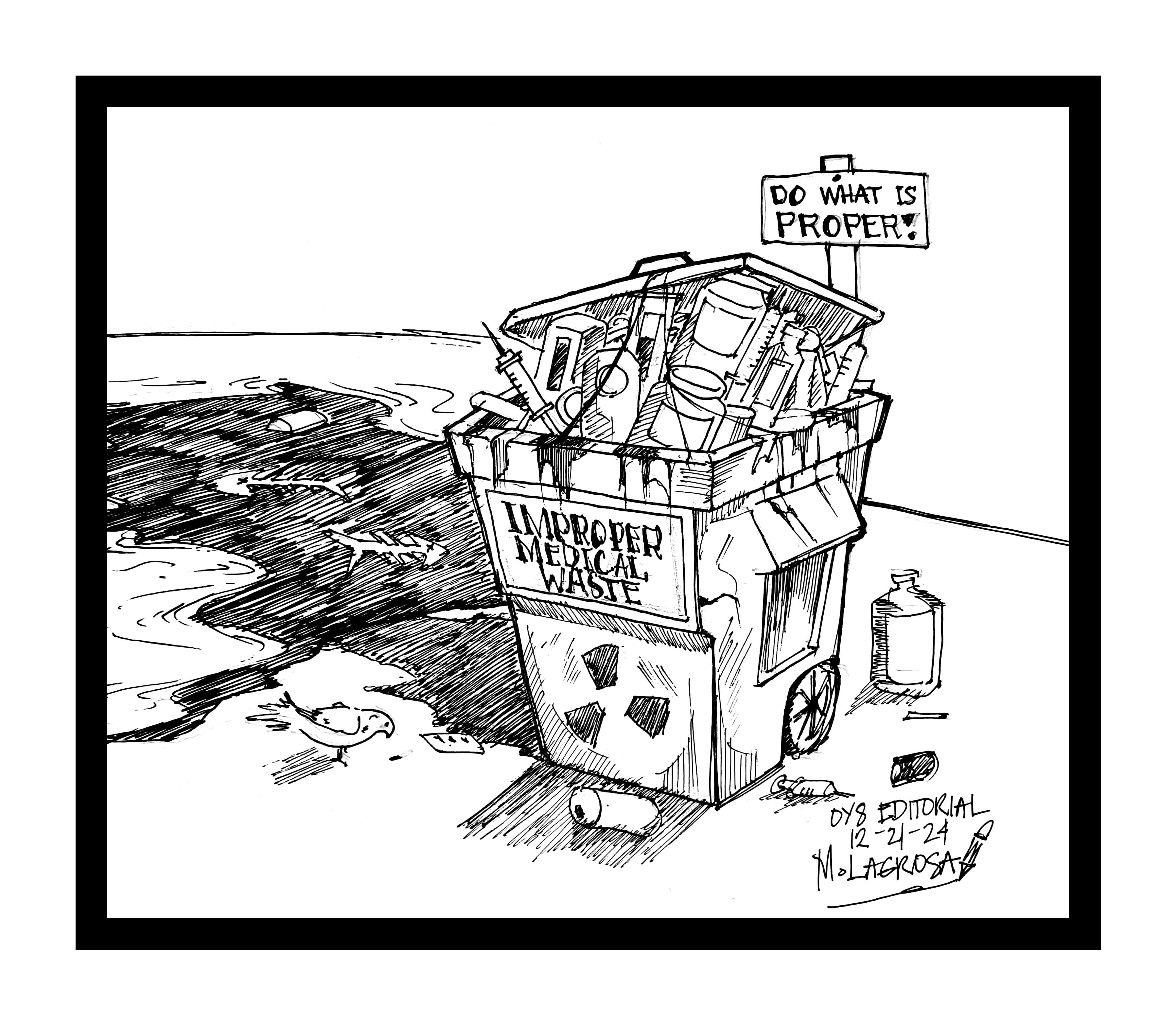Improper disposal of medical supplies presents significant and often overlooked risks to public health and the environment.
As hospitals, clinics, and at-home care become more common, the volume of medical waste generated continues to rise.
When medical supplies such as syringes, bandages, and even unused medications are discarded improperly, they can inadvertently harm those who come into contact with them.
Improper disposal can lead to sharp injuries and exposure to infectious materials, putting sanitation workers, waste management personnel, and the general public at risk.
In addition to physical injuries, the environmental impact of discarded medical supplies cannot be ignored.
Chemicals and pharmaceuticals can leach into soil and water table, affecting ecosystems and potentially contaminating drinking water.
Wildlife that comes into contact with improperly disposed medical waste may also suffer health consequences, disrupting local biodiversity.
Moreover, improper disposal fuels the risk of drug diversion and abuse, particularly with controlled substances that may end up on the black market.
Public awareness about safe disposal methods is essential for mitigating these risks.
Education campaigns should be adopted to ensure that proper disposal channels, such as take-back programs, are widely known and accessible.
Regulatory bodies must also enforce existing laws regarding medical waste management to prevent unauthorized and irresponsible disposal practices.
Healthcare facilities should develop stringent protocols for waste segregation and management, emphasizing the importance of safe disposal.
To sum it up, addressing the issues of improper medical waste disposal encompasses a shared responsibility among healthcare providers, policymakers, and the community at large.
#WeTakeAStand #OpinYon #OpinYonEditorial #ImproperMedicalWaste
